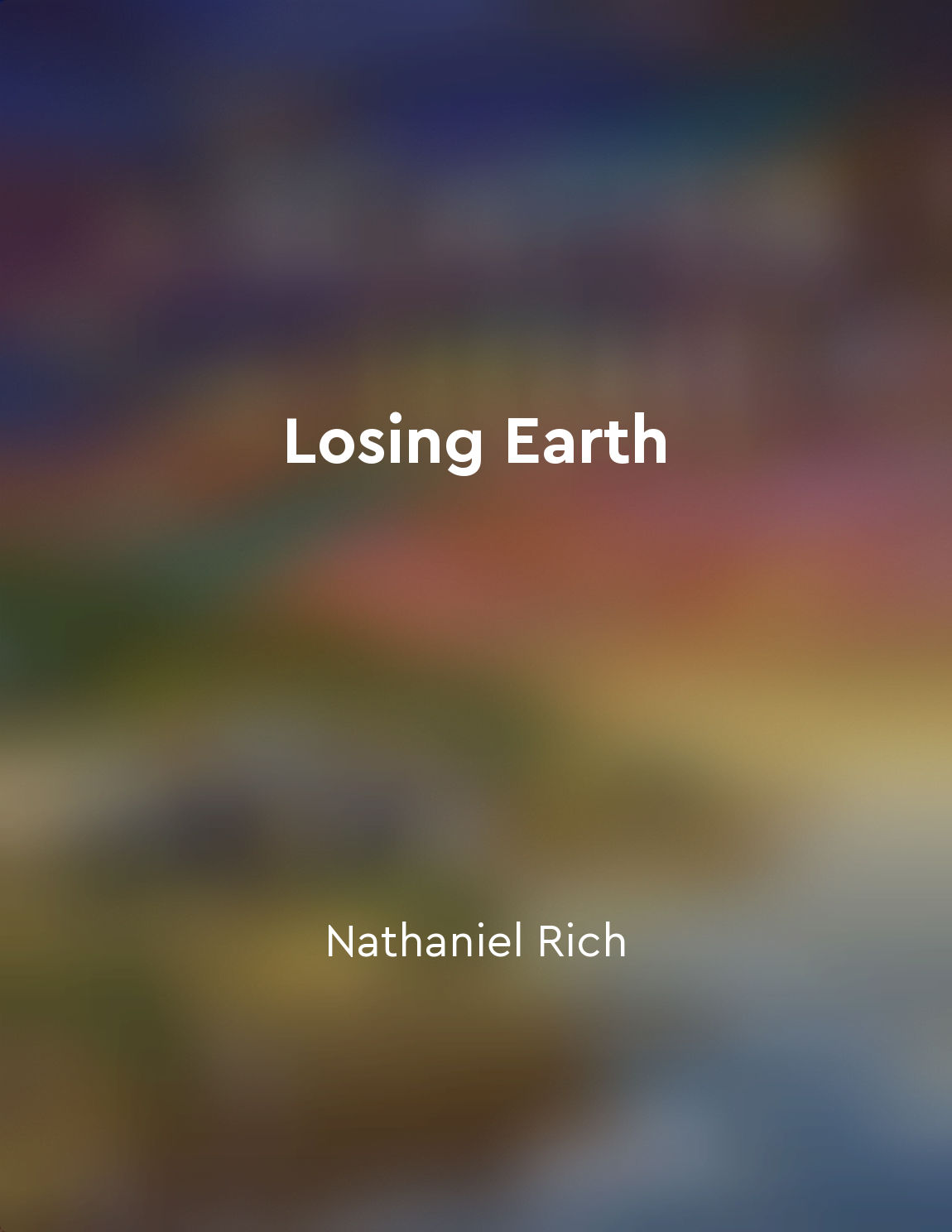Economic production outpaced societal needs from "summary" of The affluent society by J.K. Galbraith
The central dilemma of modern industrial society is that the output of goods and services has grown exponentially, far outstripping the basic needs of the populace. The relentless pursuit of economic growth has created a situation where production has become an end in itself, divorced from the real needs of society. This disconnect between production and societal needs has led to a number of pressing problems that are all too evident in our affluent society. One of the most glaring consequences of this imbalance is the prevalence of poverty amidst plenty. Despite the abundance of goods and services being produced, there are still large segments of the population that lack even the most basic necessities of life. This glaring disparity between the haves and the have-nots is a direct result of the fact that economic production has been allowed to run amok, unchecked by any consideration of social justice or equity. Moreover, the pursuit of ever-increasing production has also taken a toll on the environment. The drive to produce more and more goods has led to rampant pollution, resource depletion, and environmental degradation on a massive scale. The consequences of this relentless pursuit of growth are now becoming impossible to ignore, as the very foundations of our planet are being threatened by our insatiable appetite for more. In addition to these pressing social and environmental concerns, the obsession with production for production's sake has also had a detrimental impact on the overall quality of life. The emphasis on material wealth and consumerism has led to a society that is increasingly soulless and devoid of meaning. People are encouraged to measure their worth in terms of what they own rather than who they are, leading to a society that is hollow at its core. In order to address these pressing issues, we must reconsider the very foundations of our economic system. We must shift our focus away from blind growth and towards a more sustainable and equitable model of production. Only by aligning our economic output with the real needs of society can we hope to create a more just, equitable, and sustainable world for all.Similar Posts
Building a more sustainable future
The future we seek is one that is sustainable, a future where our actions are in harmony with the earth and all its inhabitants...
Practice mindful consumption for a purposeful existence
In a world filled with distractions and endless consumption, it can be easy to lose sight of what truly matters. Mindful consum...

Youth climate activists demand accountability from leaders
The youth climate activists are not asking for much. They are simply demanding that those in power take responsibility for the ...
Persistence leads to results
The road to success is often long and challenging, requiring a great deal of perseverance and determination. It is easy to beco...

Social responsibility should guide economic decisionmaking
The economic decision-making of a society is a crucial aspect that determines its overall well-being and prosperity. In the mod...
Transitioning to a green economy requires political will
Transitioning to a green economy is not just about adopting new technologies or implementing sustainable practices. It requires...
Social factors play a role in shaping economic development
W. Arthur Lewis emphasizes the significance of social factors in influencing economic development. He underscores that economic...
Corporate dominance undermines democracy and human dignity
The concentration of economic power in the hands of a few large corporations has far-reaching consequences that extend beyond t...
